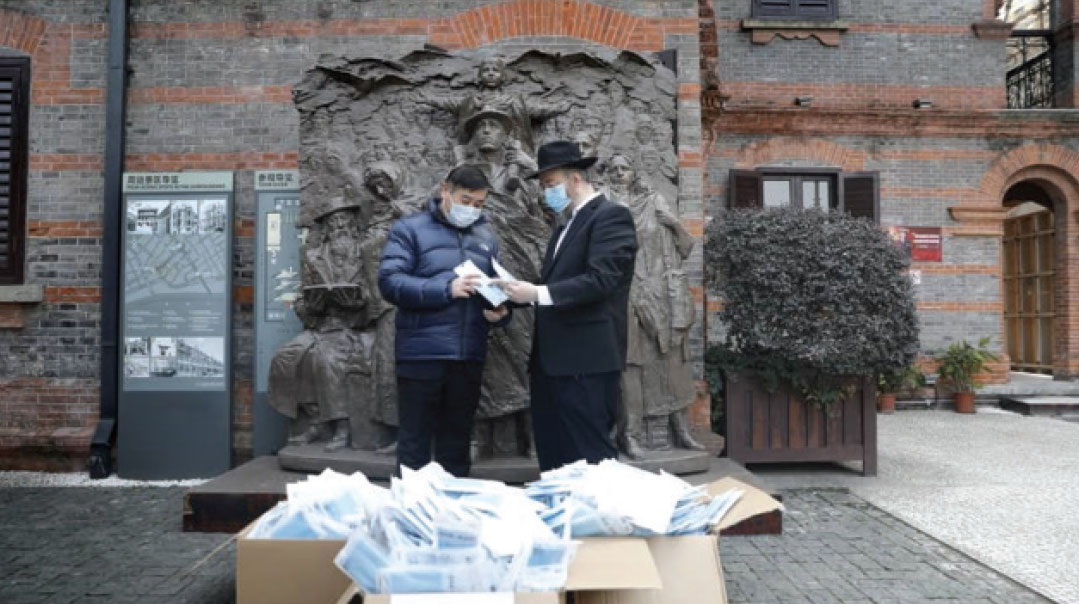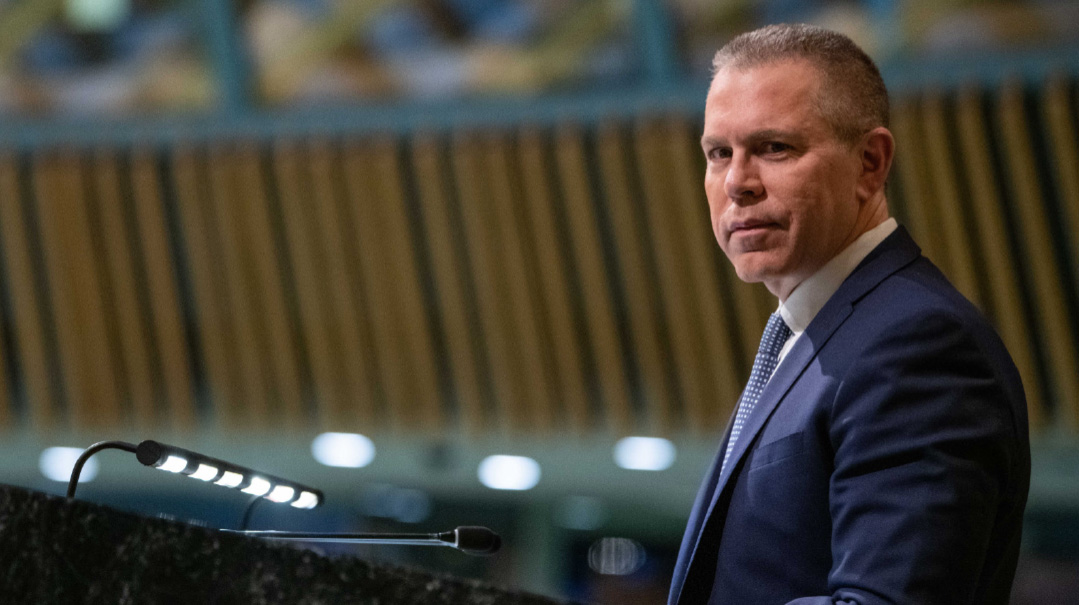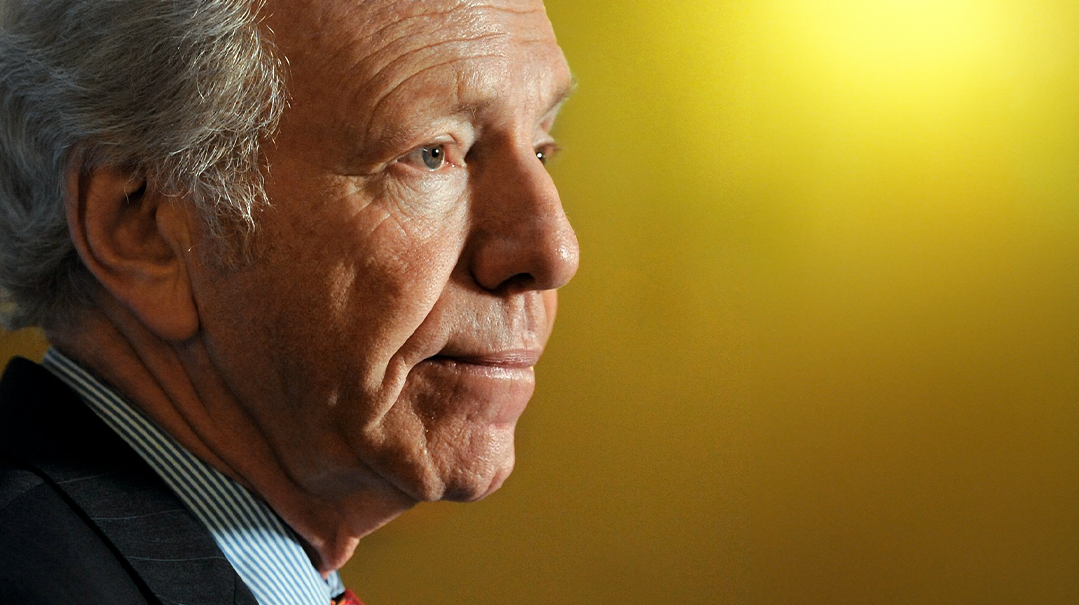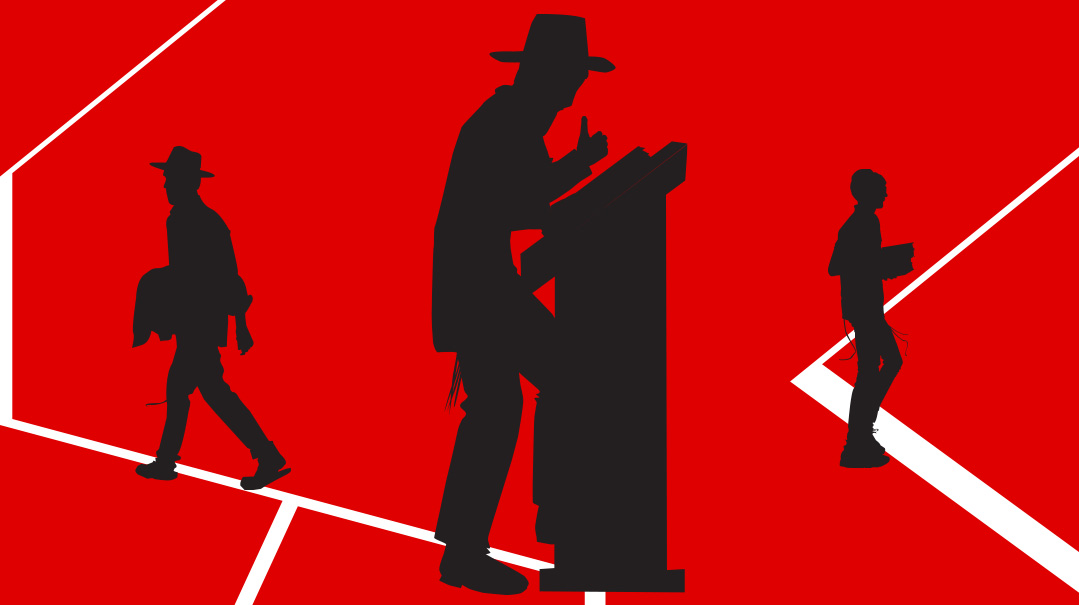As Coronavirus Worsens, Jews Flee

As China is sealed off, some Chabad centers are staying put

Health officials are calling it a pandemic. Over the last three weeks, the number of coronavirus cases has soared, from 50 to more than 17,000. Almost 400 people have died in at least 23 countries.
The epicenter of the virus is in China, where millions of people are fleeing from a disease that is killing about 2 percent of its victims. In Wuhan, a city of 11 million that has been closed to stop the spread of the virus, five million people have left.
Though China does not have a large Jewish population, there is a small community made up of locals and international businessman. As in other parts of the world, Chabad has established itself in the country to provide a warm Shabbos meal and Jewish services. On Monday, I reached out to the Lubavitcher shaliach in Shanghai, Rabbi Shalom Greenberg, to ask a few questions about the situation.
“I’m busy,” he replied.
Rabbi Greenberg has been living in China for 21 years, and he and his wife have seven children. The older boys learn in yeshivah in Detroit, while the girls and younger sons live in China. His oldest daughter teaches in the local Jewish kindergarten.
Two hours after my initial e-mail, he wrote back that he could take a brief break.
What were you busy with?
“Together with Jewish volunteers who live in the city, we distributed 10,000 masks to the elderly Chinese population living in the historic Hong Ku district, where the Jewish Ghetto was located during World War II. Last week, the world marked 75 years since the liberation of the death camps. At the time, many Jews found refuge in Shanghai, especially in this area. We gave over the masks to the manager of the Jewish Refugee Museum of Shanghai, Mr. Chan. It was an honor for us to help those who helped Jews,” Rabbi Greenberg wrote. “It is a small expression of gratitude to the Chinese nation for their friendship and support.”
The elderly people leave their homes and come to the museum to take masks?
“Although the Chinese government is doing a fantastic job working to control the spread of the virus, there is still a shortage of these vital masks, especially for the elderly. The museum staff, together with us and other volunteers, go from door to door, distributing the masks. This way, the sick and elderly do not have to put themselves at risk by going out in the winter weather, and they do not have to endanger themselves by gathering in one location.”
Rabbi Greenberg’s friends tell me he was in China during the 2003 SARS epidemic, and he’s in no hurry to leave the country now. He was the first to open a Chabad House in China. (Before him, there was a shaliach in Hong Kong, which was not part of China at the time.) In the beginning, the Chinese government objected to his activities, but he ultimately reached an agreement that allowed him to remain in China as long as he did not reach out to Chinese as potential converts and he wouldn’t build an official Chabad institution. All of Chabad’s activities in China are run out of private homes.
There are two other Chabad Houses in Shanghai. One of them is managed by his brother, Rabbi Avraham Greenberg, in the Pudong district of the city. Rabbi Avraham Greenberg flew with his family to America this week. “The entire Jewish community has left. There’s no one to work with. So why take the risk?”
Rabbi Shalom Greenberg is not the only one who has stayed in China. Rabbi Mordechai Avtzon, the director of the Chabad House in Hong Kong, has remained as well. “Some of the shluchim left the country because of the challenge of keeping children home and their exposure to danger. Others remained in order to help the Jewish residents, despite the danger,” he tells Mishpacha. “In many cases, there is no one left to stay for. The school is closed, even if it’s in a Chabad House, and there’s hardly any traffic on the streets. It’s impossible to keep children cooped up at home for two or three weeks. For now, we’re staying. The situation here is a bit less serious, but it’s still frightening.”
Each shaliach is making efforts to help the community as best he can. Rabbi Shimon Freundlich of Beijing, for example, asked three girls who learn in the Jewish school in the city to return with 5,000 masks from Cambodia, where they were spending the Chinese Lunar New Year vacation. “There’s absolute silence here. The schools are closed until further notice. The parks are locked and the streets are empty. The road that runs in front of my house in Beijing is nearly deserted. On a regular day it’s one of the busiest intersections in the district, with ridiculous traffic jams. Usually it takes 15 to 20 minutes to leave the area, and now it’s entirely empty except for a few passing cars.”
In Chengdu, in Sichuan Province, Rabbi Dovi Henig has continued activities, together with his wife and children, and has helped Jews in the region leave. “We left the city because it’s dangerous and pikuach nefesh comes before anything else,” he said. “The airspace has been completely closed, and there are only 12 people left in the community. Most of them couldn’t leave because they have pets they can’t fly with or because they have a Chinese relative. We left someone from the community to look out for them and provide food. We have masks, and there’s enough for everyone.”
The community there numbers about 300 people, but last Shabbos, the Henigs had only a few Shabbos guests. “We had just nine people. I don’t remember the last time that happened. We always have dozens of guests. People are afraid someone contagious will be there.”
Rabbi Eliyahu Rosenberg, the rav of the city of Guangzhou, who is in Israel for Chinese Lunar New Year, and plans to go back shortly to China, says: “Most of the staff are in the Chabad House, and they’re fine, baruch Hashem. They don’t go out into the streets and stay closed up at home. There are hardly any stores open anyway. Everything is quiet. They’re making sure to follow instructions and baruch Hashem everything is okay.”
Rabbi Mordechai Avtzon relates that everyone feels the panic very tangibly. “The only thing that can be done is to wear masks, and it’s already impossible to get them here. A Chinese neighbor came to me begging for 200 masks, so we gave them to him.”
Rabbi Yisrael Lieberman, a father of four who lives in Kowloon, agrees. “There’s a clear sense of alarm here. Last night, five people who have the virus were taken out of the building next door.” Rabbi Lieberman, as well as Rabbi Avtzon and Rabbi Freundlich, are not leaving the city, and continue to support their communities. “Right now there are still lots of Jews here who need us, and we hope and pray that things should work out and we don’t need to go back to Israel.”
Rabbi Avtzon emphasizes that he and his colleagues cannot allow themselves to leave. “Chabad is not just another organization working in the field. It’s the basic infrastructure of Jewish life in China. If we get up and leave, the community will panic even more.”
(Originally featured in Mishpacha, Issue 797)
Oops! We could not locate your form.












